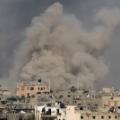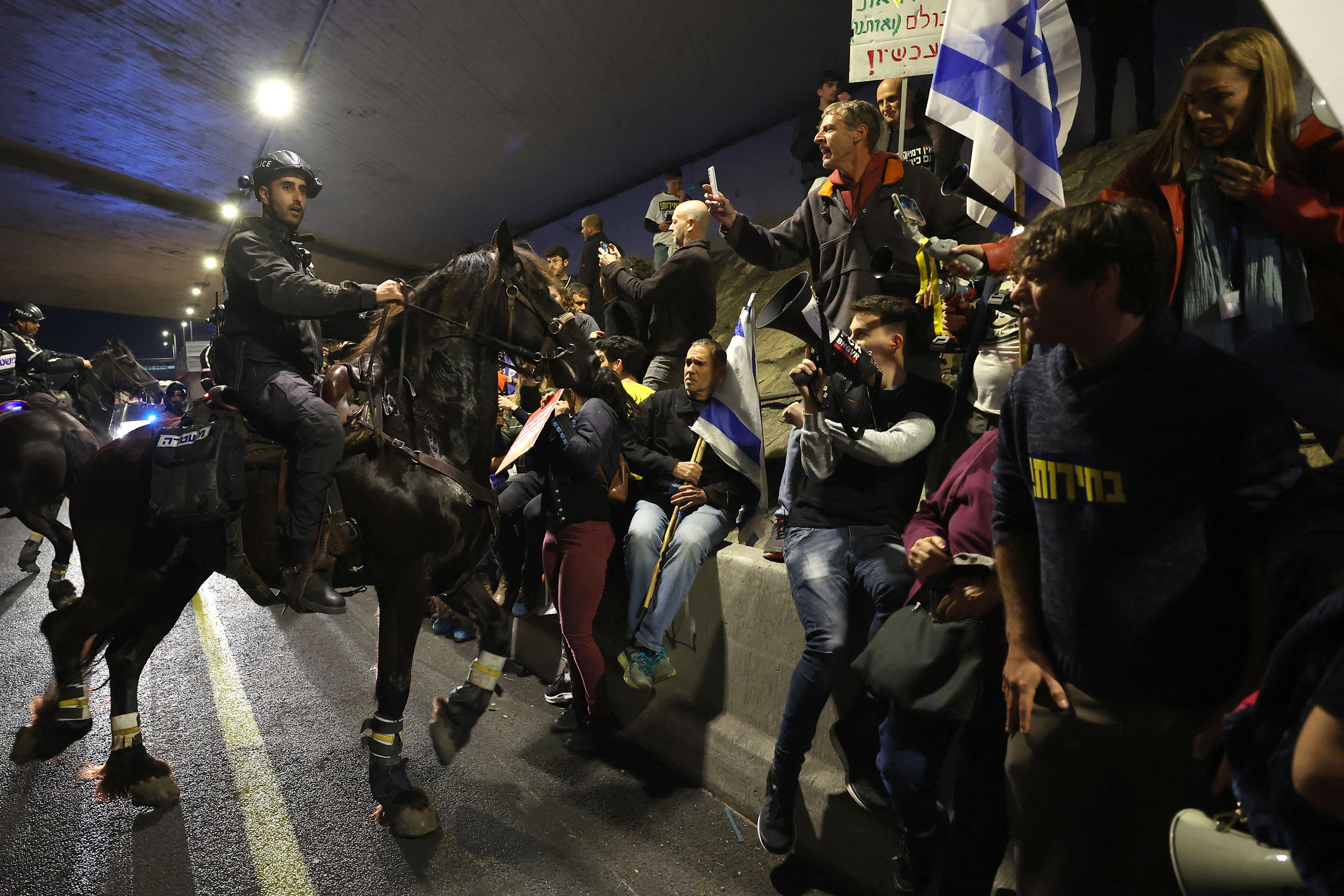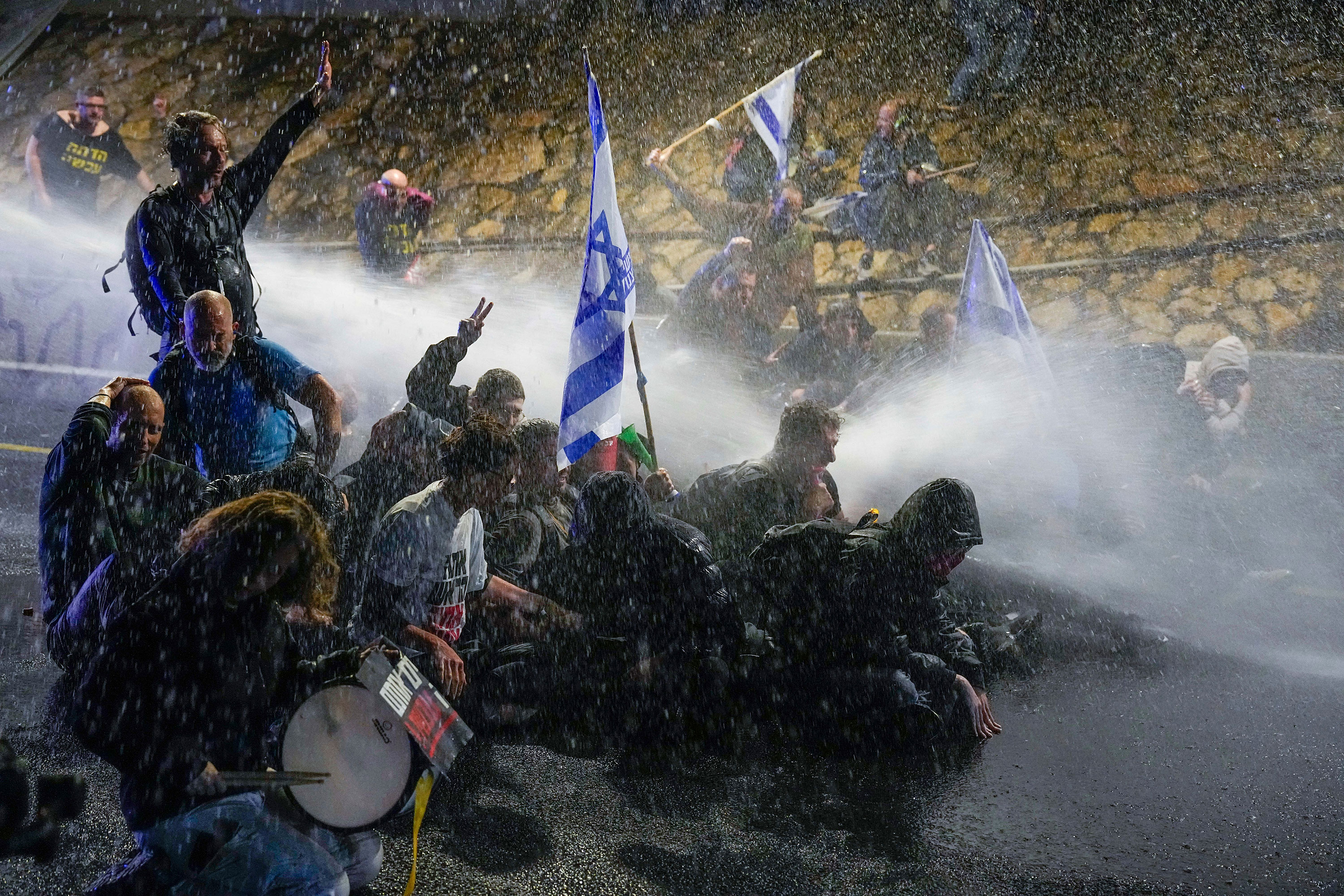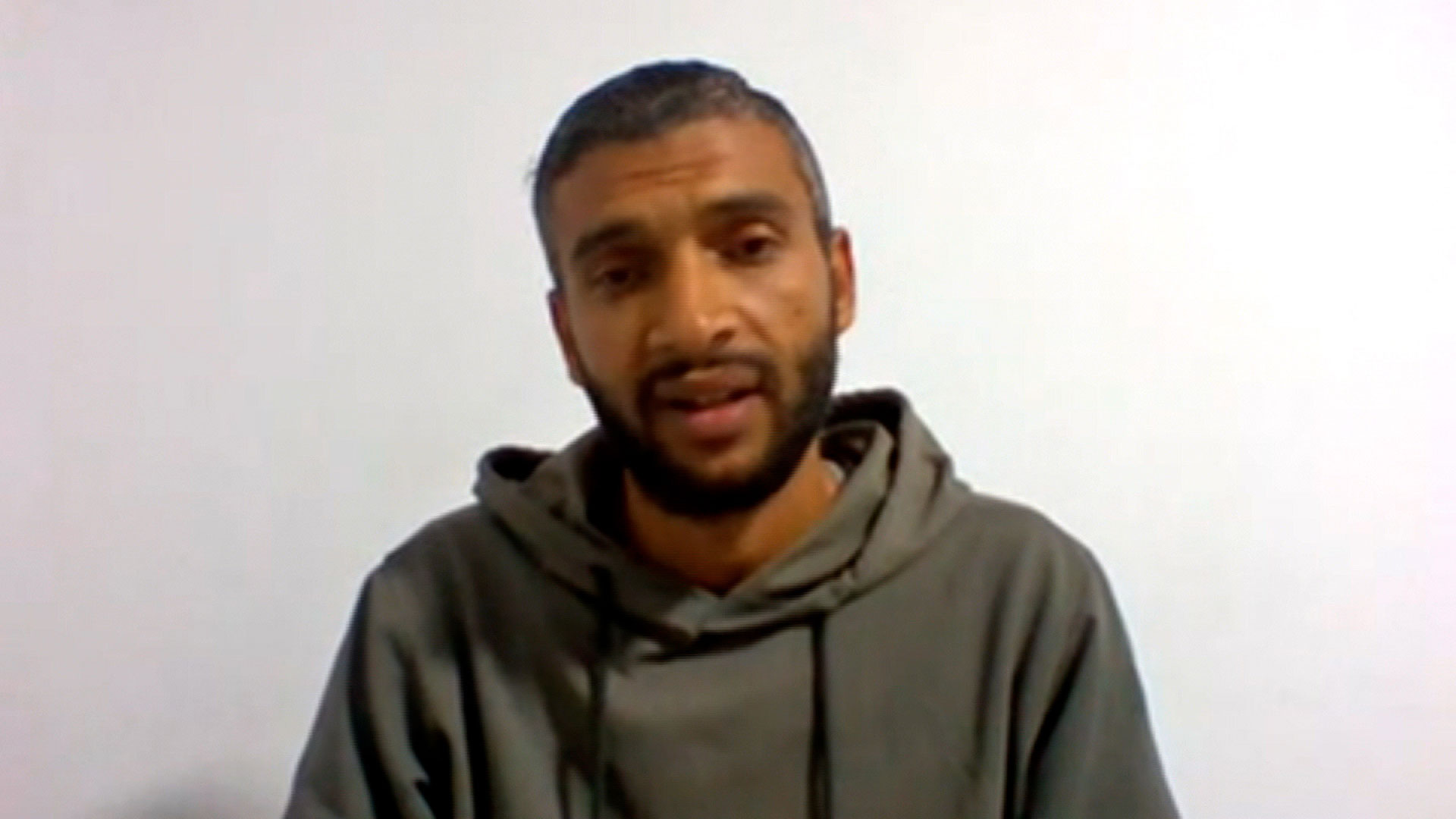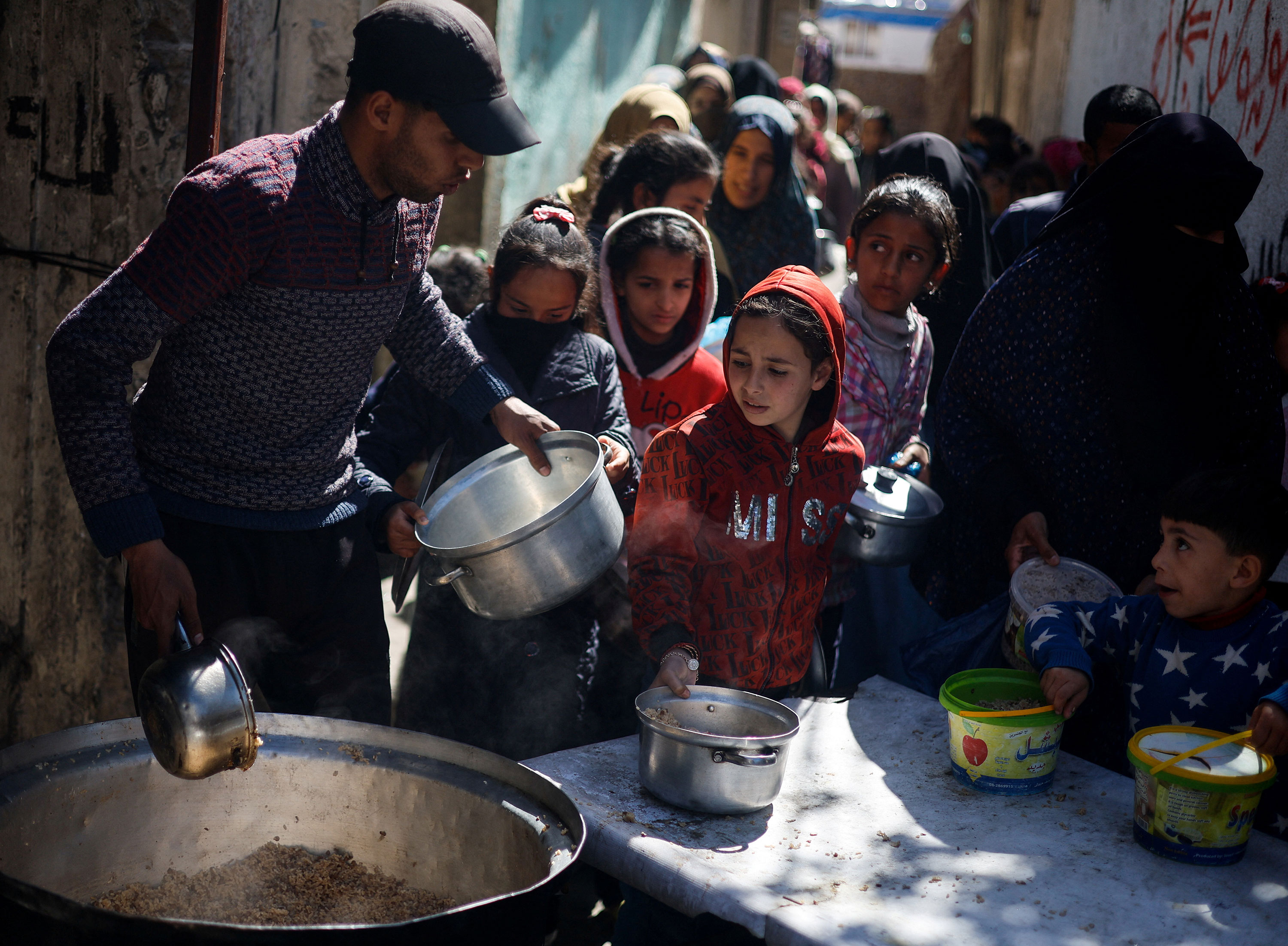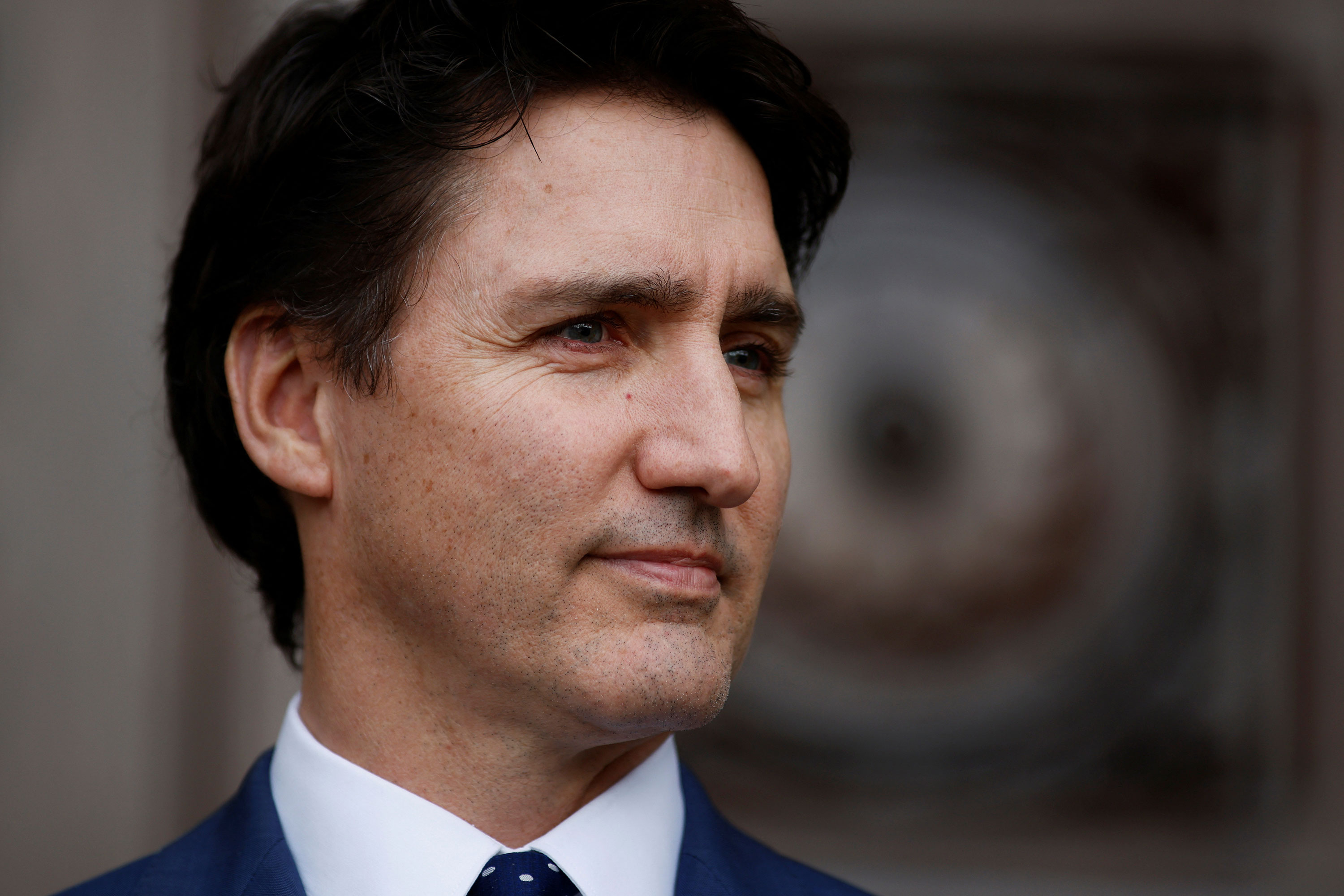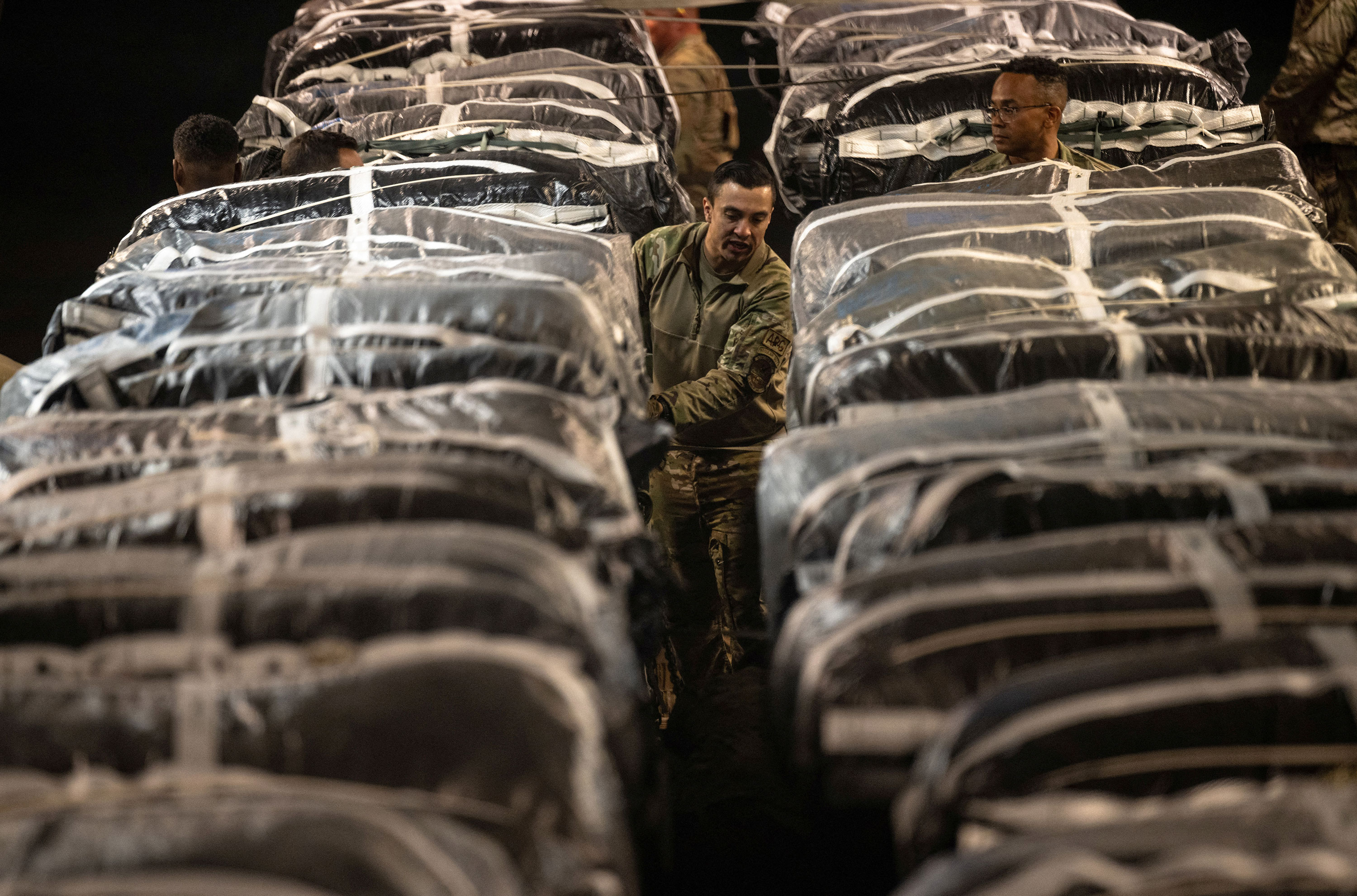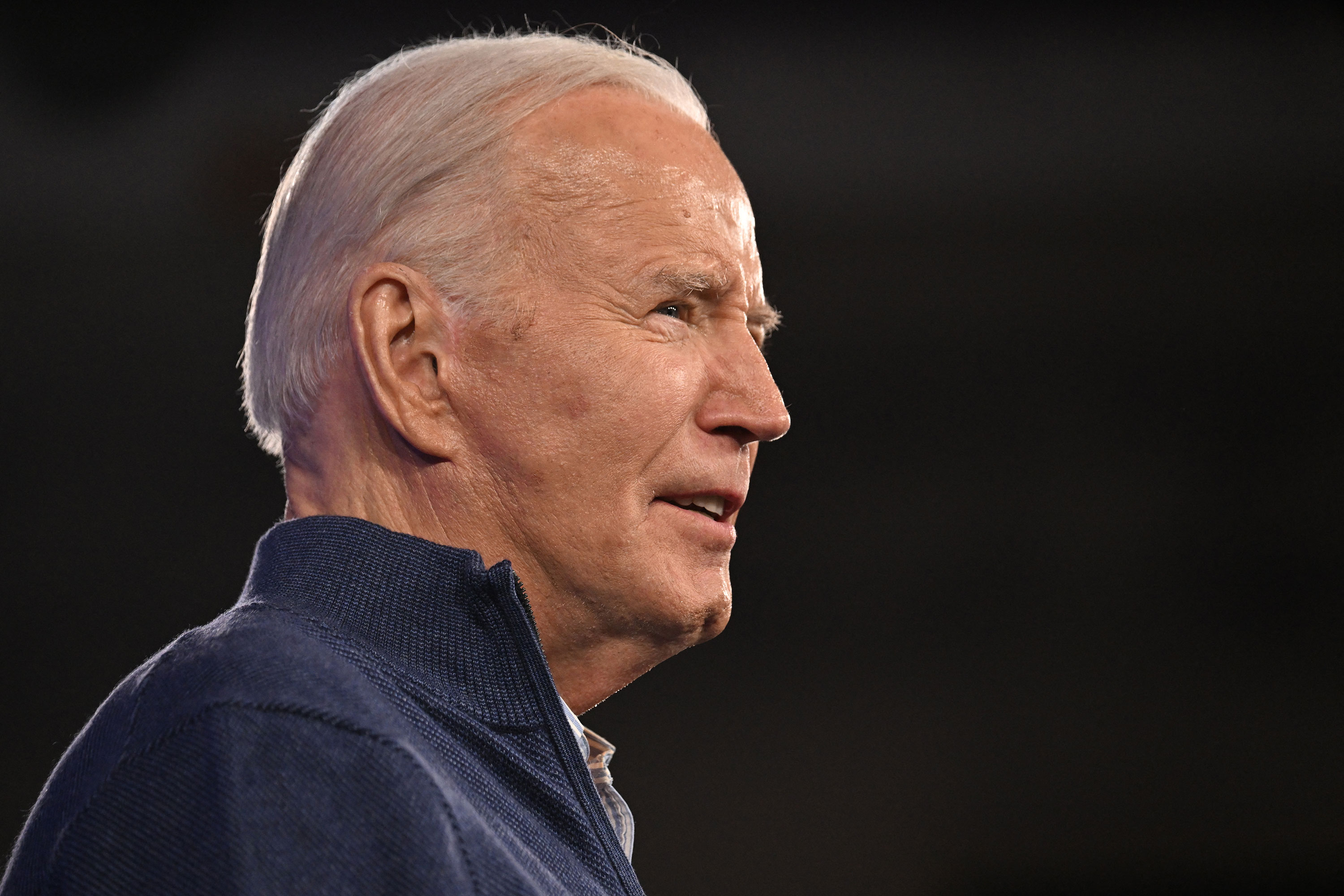
US President Joe Biden said in an interview Saturday that a Gaza ceasefire deal before the start of Ramadan on Monday is still “possible,” mentioning that CIA Director Bill Burns is in the region to aid the negotiations “right at this minute.”
"I never give up on that," Biden told MSNBC’s Jonathan Capehart when asked if a ceasefire could be reached before the Muslim holy month begins.
CNN has previously reported that a ceasefire deal in Gaza — which would see Israeli hostages freed and the first break in fighting in more than three months — is unlikely to happen by the start of Ramadan, according to sources familiar with the negotiations.
On addressing Israeli lawmakers: Biden also said he would like to return to Israel and address the country’s parliament, the Knesset, but declined to discuss it in more detail when pressed by the MSNBC anchor.
Former Israeli Prime Minister Ehud Olmert told CNN’s Fareed Zakaria last week that Biden should go over current Prime Minister Benjamin Netanyahu's head and address the parliament directly.



